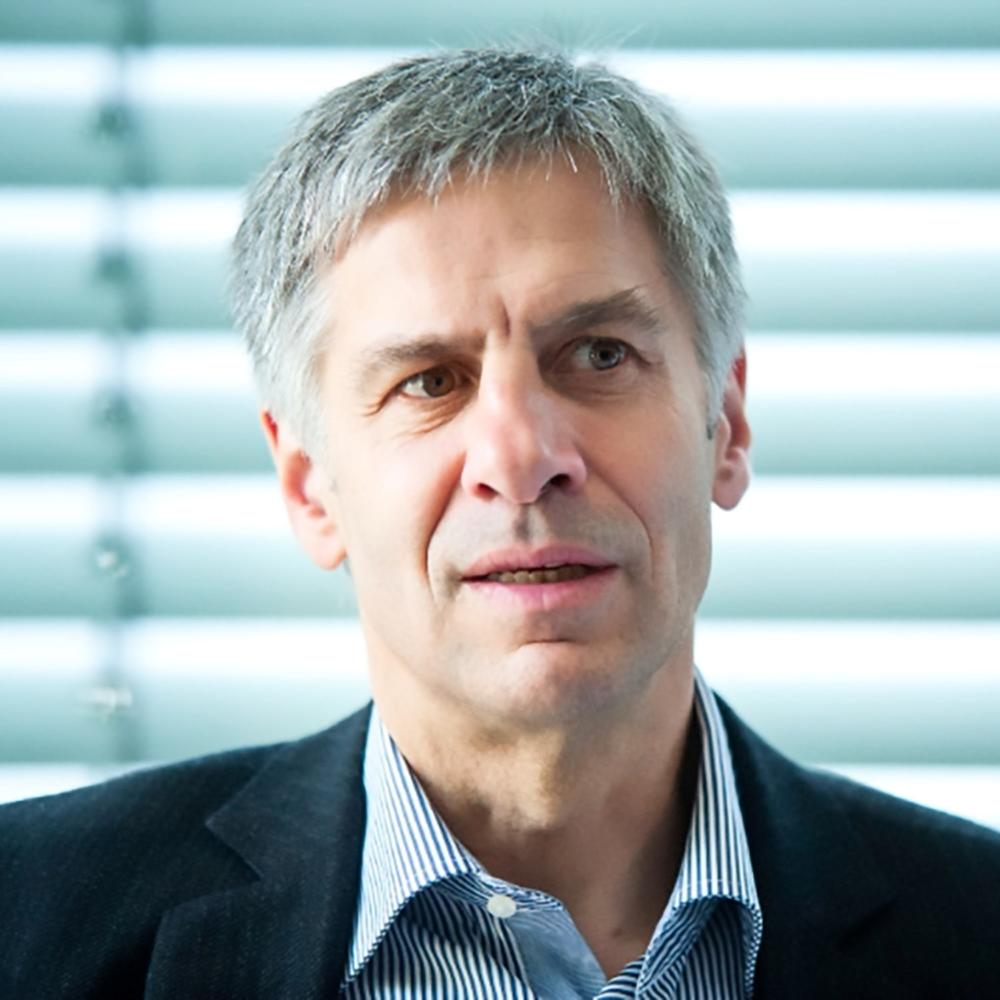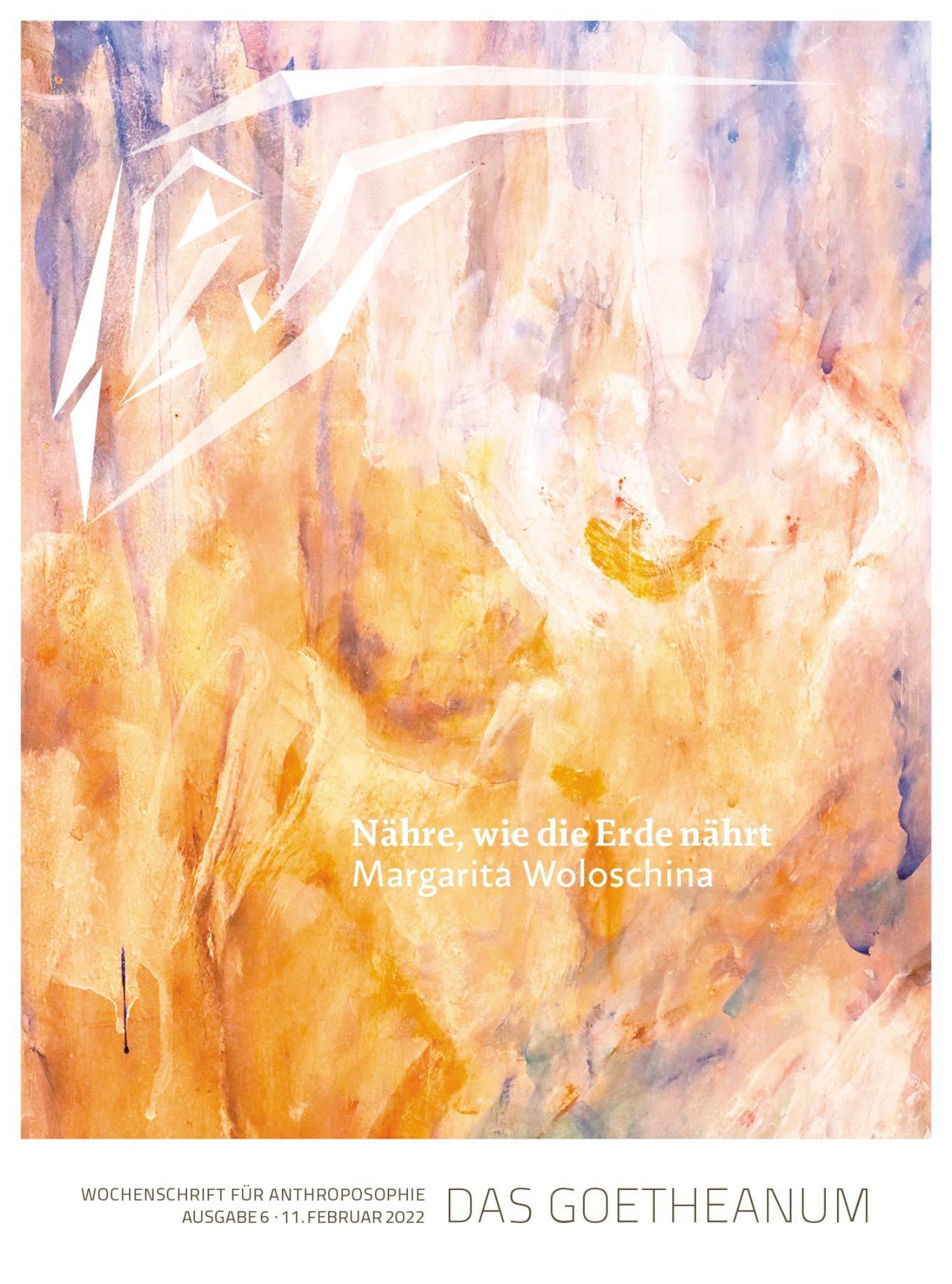The gift of the pandemic
Some countries are eliminating their Covid restrictions, others are maintaining the status, and still others are stepping up their measures. Mandatory vaccination seems to be the decisive turning point in terms of exiting the pandemic, with two scenarios for the future. Which ‹Post-Covid-World› do we want to enter? Louis Defèche spoke with Gerald Häfner from the Section for Social Sciences at the Goetheanum about the current situation in Germany.
What is your view on mandatory vaccination?
We had a federal election in Germany half a year ago. All the major parties declared during their campaign that they wouldn’t impose mandatory vaccination. That’s what they promised. I find it remarkable how you can break your word so quickly. This does not strengthen the confidence of the population in democracy, parliaments, and politics. Of course, it is even more absurd to plan mandatory vaccination at a time when the situation has already changed completely. The virus is constantly mutating, which was clear from the beginning. At the moment, vaccinated people are just as infectious as non-vaccinated, only the course of the disease is slightly different. The virus penetrates the immune system more and more easily, you get infected faster and faster but the course of the disease is getting less and less severe. Every week, fewer hospital beds are occupied and fewer people need to be treated. Every week there are fewer deaths, many don’t even have any symptoms at all. There are very few people who are still at great risk due to certain pre-existing conditions or extreme old age. Those need to be protected. And it is important to strengthen people’s immunity. You can also do that differently. Imposing a mandatory vaccination for the entire population is neither necessary nor sensible.
How do you explain that the state acts quasi-authoritarian?
There is an atmosphere of fear. To some extent, it has been fueled. It is based on an extremely narrow and undifferentiated understanding of the disease, which only stares at the virus and sees vaccination as the only (initially also: final) solution. They went into a kind of ‹war› against the virus (Emanuel Macron) because they thought they could win. Other, more complex, differentiated views could not penetrate for a long time. Therefore, children and adults have been sent into lockdown and in many cases banned from precisely that, which helps people to build up strength against the virus. What was right in certain areas is wrong in general and in the long term. Because the virus will not disappear. We have to start learning to live with it.
At the moment, the old thinking continues because it was put on rails even though the reality is changing. Even though incidences are high, diseases are declining and the course of the disease becomes easier. This means we start to live with the virus. But institutions and politicians in some countries take a long time to react. One is trapped in the web of yesterday’s thoughts. In Germany, the debate on mandatory vaccination is now underway in parliament. It seems completely out of touch with the time. But it could also be an opportunity for an individual and collective redefinition. At least the vote was released. In other words, this is not seen as a partisan debate, but as a question of conscience. Each and every Member of parliament must therefore think for him- or herself and decide how he or she sees it. Is mandatory vaccination helpful or not? Many – including the media – see this as a weakness. The chancellor has no authority. They demand a command from the government. This shows atavistic forms of thought and debate.
This text is an excerpt from an article published in the weekly journal 'Das Goetheanum'. You can read the full article on the website of the weekly magazine.
Cover image: Gerald Häfner


